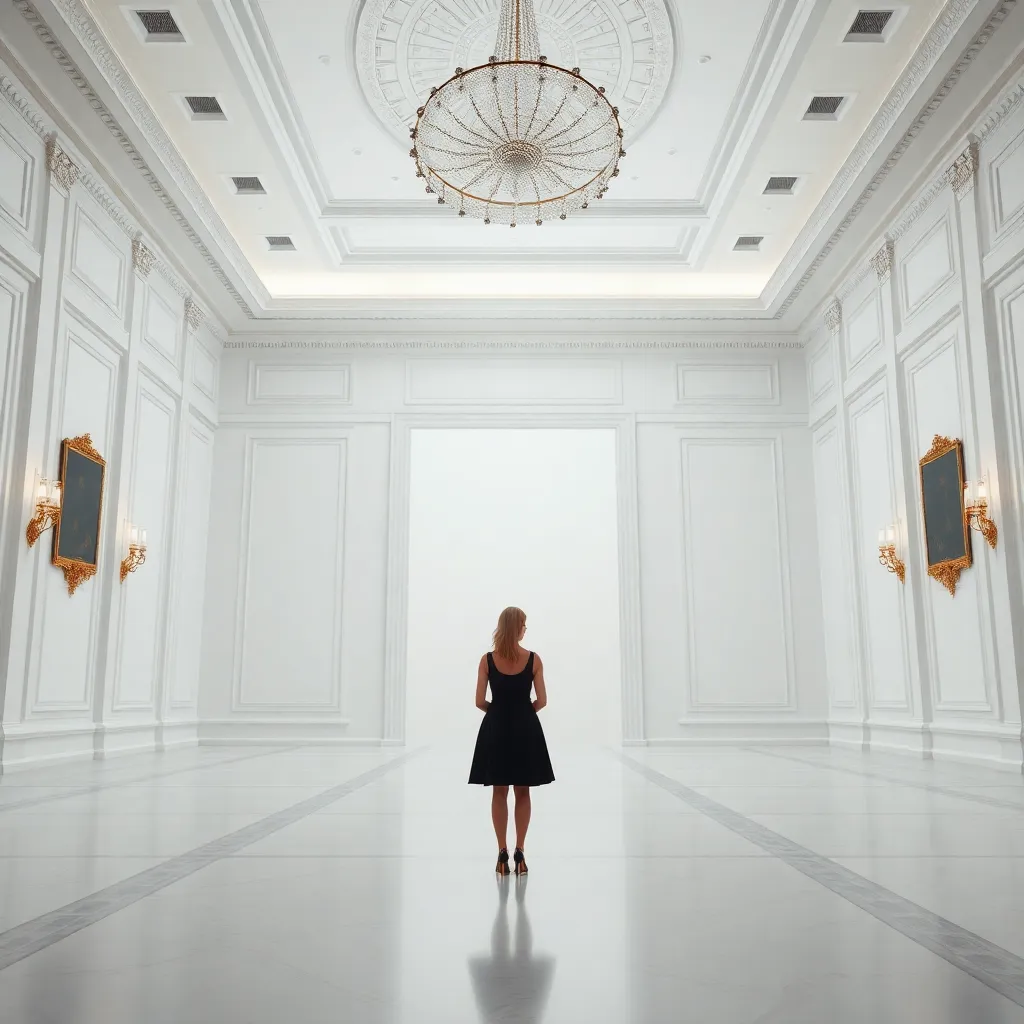Unraveling the Gothic Tapestry of 'Rebecca': A Timeless Tale of Suspense and Obsession
As I delved into the world of Manderley, the grand estate that stands at the heart of Daphne du Maurier's timeless classic, 'Rebecca', I couldn't help but feel a sense of foreboding that settled deep within my bones. It's a feeling that permeates every page of this masterfully crafted Gothic novel, a sense of unease that gradually builds into a crescendo of suspense and obsession. First published in 1938, 'Rebecca' has captivated readers for generations with its haunting tale of love, jealousy, and the lingering shadows of the past. In this article, we'll immerse ourselves in a comprehensive review of this classic novel, exploring the themes, characters, and settings that make 'Rebecca' a must-read for fans of the Gothic genre.
Unraveling the Gothic Tapestry
Daphne du Maurier's writing is akin to a rich, velvety fabric that envelops the reader, drawing them into the world of Manderley with its intricate web of secrets and lies. The novel's narrative is presented through the eyes of an unnamed protagonist, a young and naive woman who becomes the second wife of the wealthy and enigmatic Maxim de Winter. As the story unfolds, we're introduced to a cast of characters that are as complex as they are intriguing, each with their own motivations and desires that drive the plot forward.

The Mysterious Past
At the heart of 'Rebecca' lies a mystery that's both captivating and unsettling. The eponymous Rebecca, Maxim's first wife, is a presence that's felt throughout the novel, even though she's deceased. Her memory haunts Manderley, casting a long shadow over the lives of those who inhabit the estate. As the protagonist tries to navigate her new role as mistress of the house, she's constantly reminded of Rebecca's presence, from the servants who seem to idolize her to the grand, opulent rooms that seem to hold secrets of their own.
The mysterious past is a common theme in Gothic literature, and du Maurier weaves it with masterful skill. The past is a living, breathing entity that refuses to be buried, and it's this sense of history that gives 'Rebecca' its timeless quality. The novel is a study of how the past can shape our present, how the memories we hold onto can both sustain and destroy us.
Themes of Identity and Jealousy
One of the most striking aspects of 'Rebecca' is its exploration of identity and jealousy. The protagonist, who remains unnamed throughout the novel, is a classic example of the outsider looking in. She's a young woman with no family or connections, who marries a man she barely knows and is thrust into a world of wealth and privilege. As she navigates this new world, she's forced to confront her own sense of identity, to question who she is and where she belongs.

This sense of disorientation is compounded by the presence of Rebecca, who seems to embody everything the protagonist is not. Rebecca is beautiful, confident, and charismatic, with a presence that's both captivating and intimidating. As the protagonist tries to come to terms with her new role, she's constantly compared to Rebecca, and found wanting. This sense of jealousy is a slow-burning fire that simmers throughout the novel, occasionally flaring into moments of intense drama.
The Character of Mrs. Danvers
No discussion of 'Rebecca' would be complete without mentioning the enigmatic Mrs. Danvers, the housekeeper of Manderley. Mrs. Danvers is a masterclass in characterization, a woman who's both fascinating and terrifying. Her devotion to Rebecca is absolute, and she's determined to keep the memory of her mistress alive, even if it means sabotaging the new Mrs. de Winter.

Mrs. Danvers is a classic example of the Gothic villain, a character who's both menacing and mesmerizing. She's a woman with a past, a woman with secrets, and her presence is a constant reminder of the mysterious forces that shape our lives.
The Settings of Rebecca
The settings of 'Rebecca' are as much a part of the novel's fabric as the characters and plot. Manderley, the grand estate that stands at the heart of the novel, is a character in its own right, a place of beauty and foreboding. The house is a labyrinth of secrets, a place where the past and present collide in unexpected ways.

The Cornish coast, where Manderley is situated, is another key setting in the novel. The rugged landscape, with its rocky cliffs and windswept moors, is a place of wild beauty and danger. It's a place where the boundaries between reality and fantasy are blurred, where the past and present seem to converge.
Rebecca Book Review
So, what's the verdict on 'Rebecca'? Is it a classic that stands the test of time, or a relic of a bygone era? In my opinion, 'Rebecca' is a masterpiece of Gothic literature that continues to captivate readers with its timeless tale of suspense and obsession. The novel's exploration of identity, jealousy, and the mysterious past is both thought-provoking and unsettling, and the characters and settings are as vivid as they are memorable.

Overall, 'Rebecca' is a must-read for fans of the Gothic genre, a novel that's both a study of human psychology and a thrilling page-turner. With its rich, atmospheric settings and its cast of complex characters, 'Rebecca' is a novel that will continue to haunt readers for generations to come.